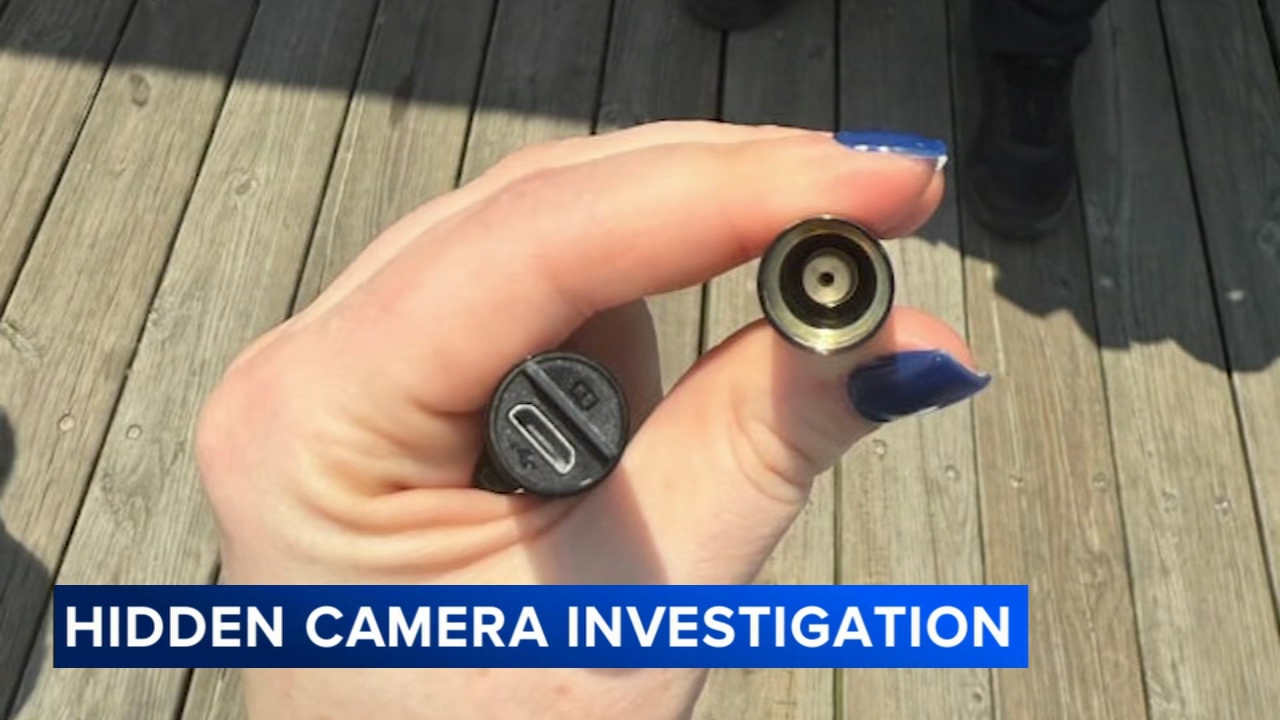Florida woman who killed $30M lottery winner denied new trial
Dorice "Dee Dee" Moore was convicted of murdering Florida lottery winner Abraham Shakespeare in 2012. More than a decade later, despite numerous failed appeals, she continues to maintain her innocence.
"There was no reason for him to pass away over money," Moore told "20/20" in an exclusive interview from prison.
A new "20/20" episode, "Unlucky Numbers," airing Friday, April 18, at 9 p.m. ET on ABC and streaming the next day on Hulu, examines the case.
You can also get more behind-the-scenes of each week's episode by listening to "20/20: The After Show" weekly series right on your "20/20" podcast feed on Mondays, hosted by "20/20" co-anchor Deborah Roberts.
The case captured national attention when Shakespeare, who won a $30 million lottery prize in 2006, vanished in 2009. His body was found buried under a concrete slab in Moore's backyard, with two bullet wounds to the chest.
Before hitting the jackpot, Shakespeare picked up odd jobs around Lakeland, Florida. He unloaded trucks, swept floors at a barbershop, doing whatever he could to get by.
After taking the $17 million lump sum payment, his generosity became legendary in Lakeland -- and ultimately made him vulnerable.
"People did not hesitate to come to Abraham," reporter Deborah Mathis, who covered the case, told "20/20." "'I need money for my mortgage' 'They're going to repossess my car' 'I've got to bury my mother.' Everything you can think of that someone needed."
In 2008, Moore connected with Shakespeare through his realtor, claiming she wanted to write a book about his rags-to-riches story.
At the time, Moore owned American Medical Professionals, a nursing staffing agency, and people close to Shakespeare said she came across as a successful businesswoman.
Moore claimed that she offered to help with Shakespeares growing financial complications. According to Mathis, Moore soon became his emissary, collecting money from people who had borrowed from him.
She also began recording their conversations, capturing Shakespeare's appearing fed up and wanting his old life back. She showed the police a video and claimed that Shakespeare ran away because he was depressed about the constant demands for money.
Prosecutors painted a different picture, alleging Moore withdrew $1 million from Shakespeare's accounts, purchased luxury vehicles including a Hummer and Corvette and went on vacation with the money.
The investigation took a turn when authorities discovered that Moore had paid Shakespeare's friend Greg Smith to make a fake call to Shakespeare's mother Elizabeth Walker, pretending to be her son.
Walker, who died in 2023, was delighted to hear from her son but knew the voice was off. She called police and they traced the phone back to Smith, who later became a key witness in Moore's trial.
"I didn't feel right about it, but I thought I was helping Ms. Walker feel better, because she's been worried about her son," Smith told detectives in 2009.
Smith said he was unaware that Moore was behind Shakespeare's disappearance and death. He worked with authorities to help them obtain evidence against her.
Moore was convicted of first-degree murder in December 2012. Despite serving a life sentence without parole, she continues to fight her conviction. She tried appealing three times.
"I feel there's a lot of ignorance in the world that does not understand that it was a one-sided trial," Moore said in her recent interview with "20/20."
In her latest appeal in 2023, Moore claimed corrupt investigators had been bribed by drug dealers connected to Shakespeare. Police denied those allegations.
"I have never heard of anything of this corrupt drug network involving Abraham Shakespeare, or corruption within either of our departments," investigator Greg Thomas told "20/20."
The judge denied her request for a new trial.







